AeroGenie — Your Intelligent Copilot.
Trending
Categories
Call to Release AI 171 Crash Report Amid Ongoing Speculation
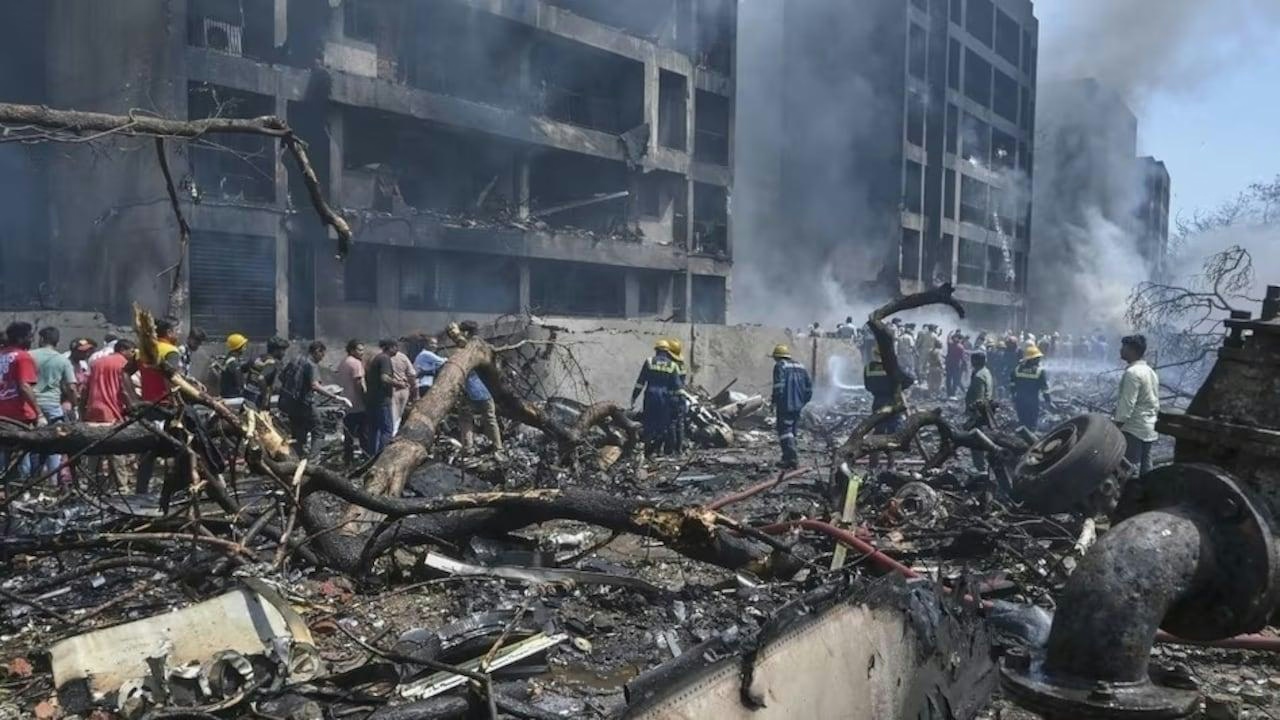
Call to Release AI 171 Crash Report Amid Ongoing Speculation
On June 12, 2025, Air India flight AI 171 tragically crashed shortly after departing from Ahmedabad, Gujarat, resulting in the deaths of 241 passengers and 19 individuals on the ground. Remarkably, only one passenger survived the disaster. This incident marked the first crash involving a Boeing 787 Dreamliner since the aircraft’s introduction into commercial service. Prior to this, over 1,175 Dreamliners had operated worldwide, accumulating more than two million flight hours without a single engine failure during takeoff.
Investigation and Public Response
The crash has sparked widespread speculation, particularly across electronic and social media platforms, where numerous unverified theories have circulated. These conjectures have heightened public anxiety and cast doubt on the safety record of the Boeing 787. The situation has been further complicated by the Ministry of Civil Aviation’s (MoCA) delay in releasing the final investigation report, despite initial assurances of transparency from the Aviation Minister immediately following the accident.
A timeline of the investigation reveals that the first flight recorder was recovered on June 13, 2025, followed by the second on June 16. The Aircraft Accident Investigation Bureau (AAIB) in Delhi accessed the data by June 25 and issued a preliminary report on July 12. However, this initial report was widely criticized for its incompleteness, raising more questions than it answered.
Adding to the intrigue, the Ministry of Home Affairs (MHA) issued an unprecedented order granting ‘X Category Commando protection’ to the Chief of the AAIB, citing threat perceptions identified by intelligence agencies. Such security measures are highly unusual in the context of global aviation accident investigations and have intensified concerns regarding the withholding of critical information from the public.
Broader Implications for Aviation and AI Industries
The opacity surrounding the investigation has not only fueled conspiracy theories but also amplified broader concerns about governance and crisis management within the aviation sector. Investor confidence in the sustainability of AI-driven growth in aviation and related industries has been shaken, with market reactions ranging from volatility to heightened scrutiny of AI companies’ valuations. In response, competitors are accelerating their own AI development efforts or forging strategic partnerships to maintain a competitive edge. Meanwhile, debates over a potential AI bubble and its implications for the stock market continue to divide analysts, some of whom warn of possible adverse consequences.
These developments underscore the urgent need for clear communication and robust regulatory frameworks. Such measures are essential not only to address the immediate aftermath of the AI 171 crash but also to manage the broader risks associated with rapid technological advancement in aviation. Concerns about AI’s impact on job displacement and the adequacy of oversight remain pressing issues for policymakers and industry leaders alike.
The ongoing delay in releasing the AI 171 crash report has allowed speculation to flourish, undermining public trust and highlighting the critical importance of transparency in both aviation safety and the evolving landscape of AI-driven industries.
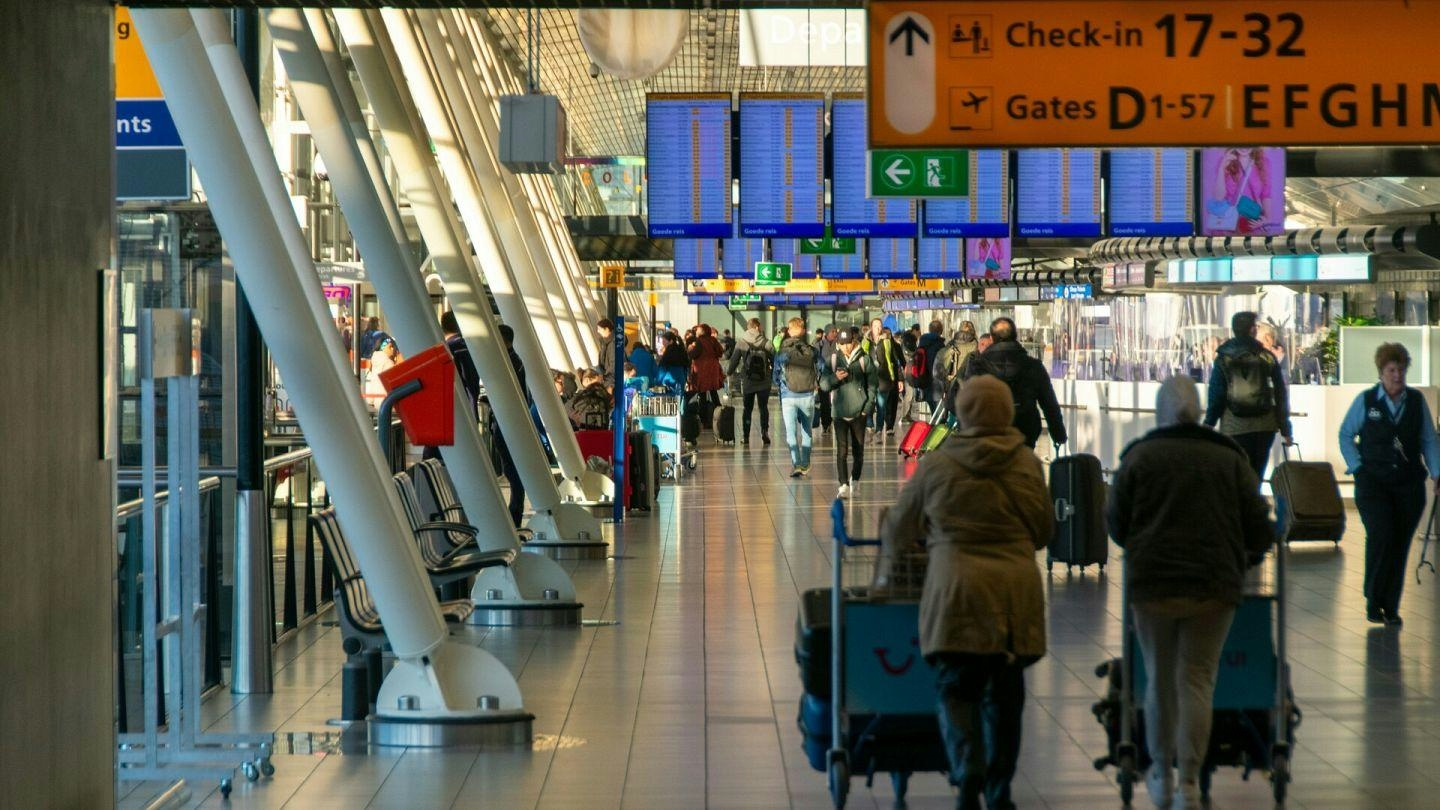
Tallinn Airport Ranks 31st in Europe’s Top 50 Airports for 2026
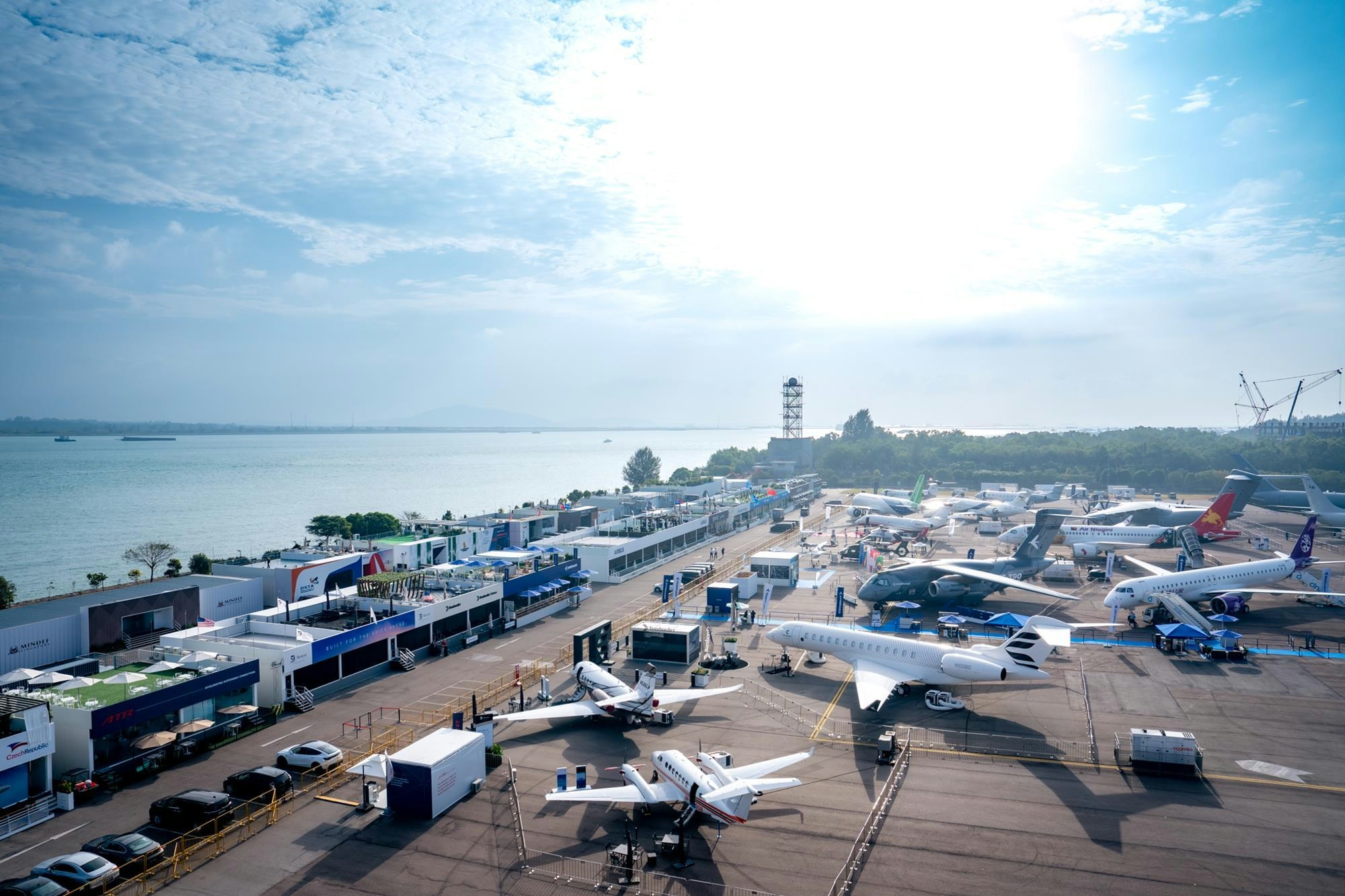
Singapore Airshow Marks 20 Years as Asia-Pacific Shapes Aerospace Industry
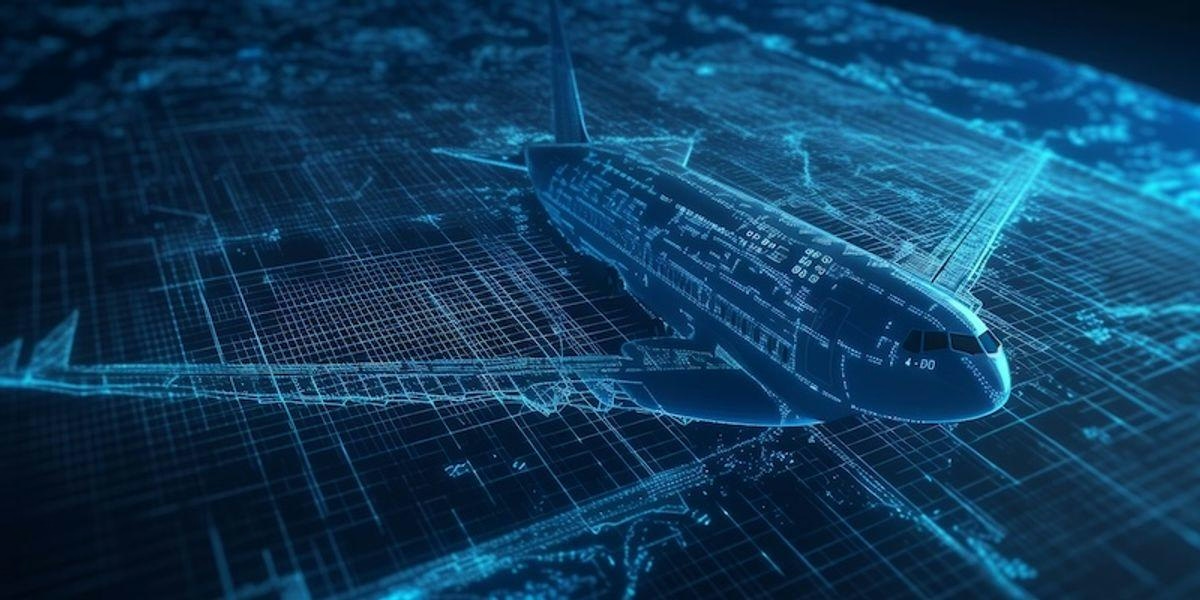
Airlines Take Cautious Steps Toward AI Adoption

China Eastern Airlines Partners with Alibaba on AI Collaboration
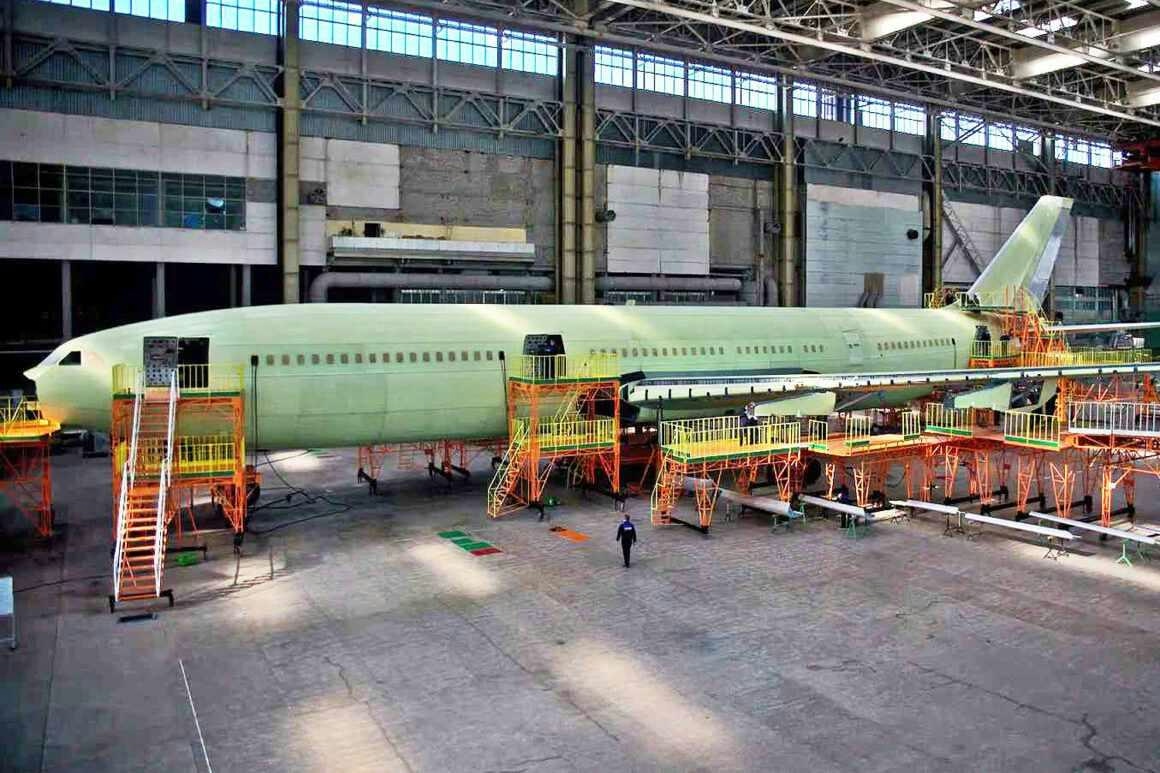
Russia Conducts Maiden Flight of Il-96-400M, Its Largest Widebody Aircraft
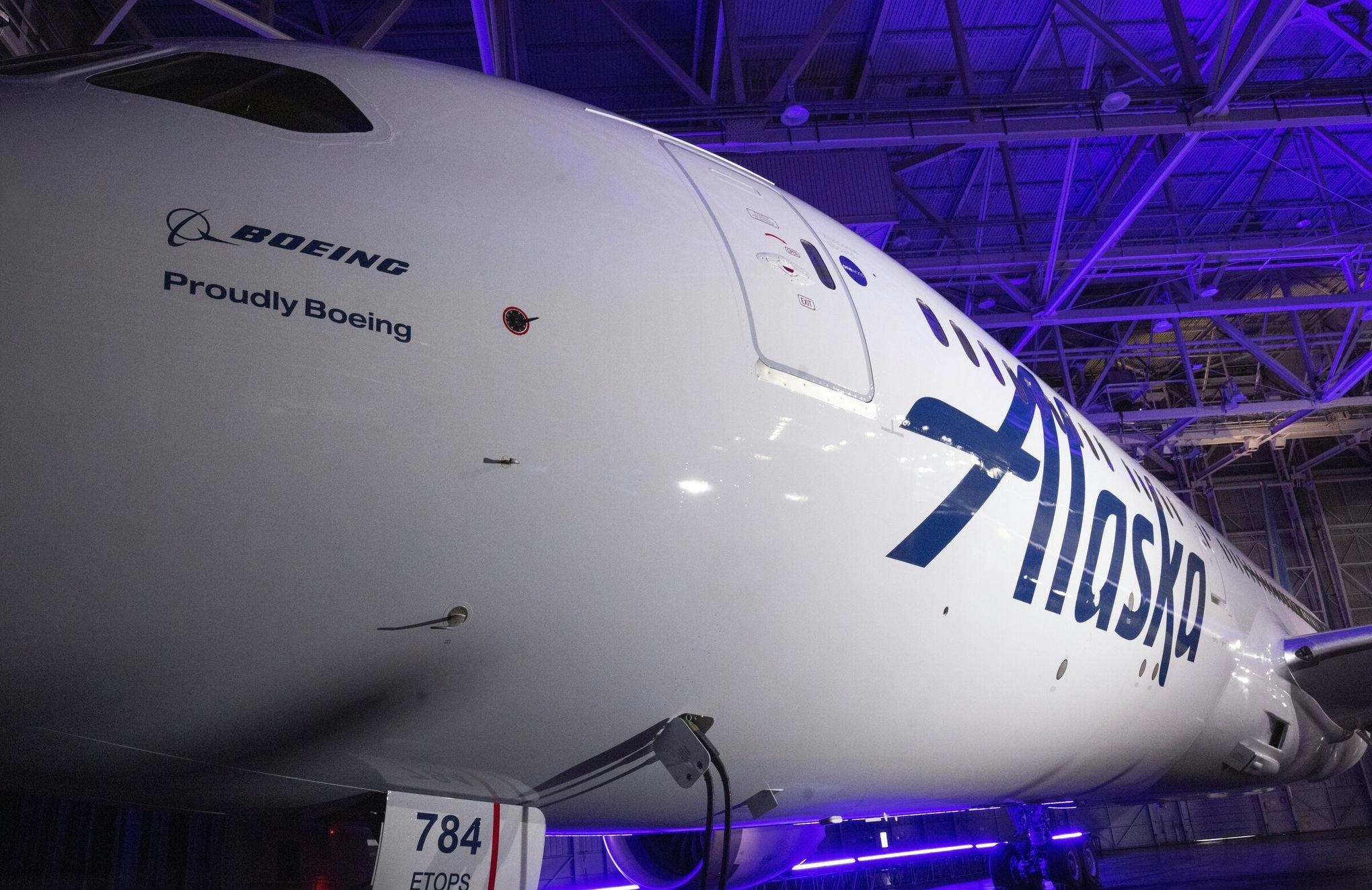
Airbus and Boeing Report January 2026 Aircraft Orders and Deliveries
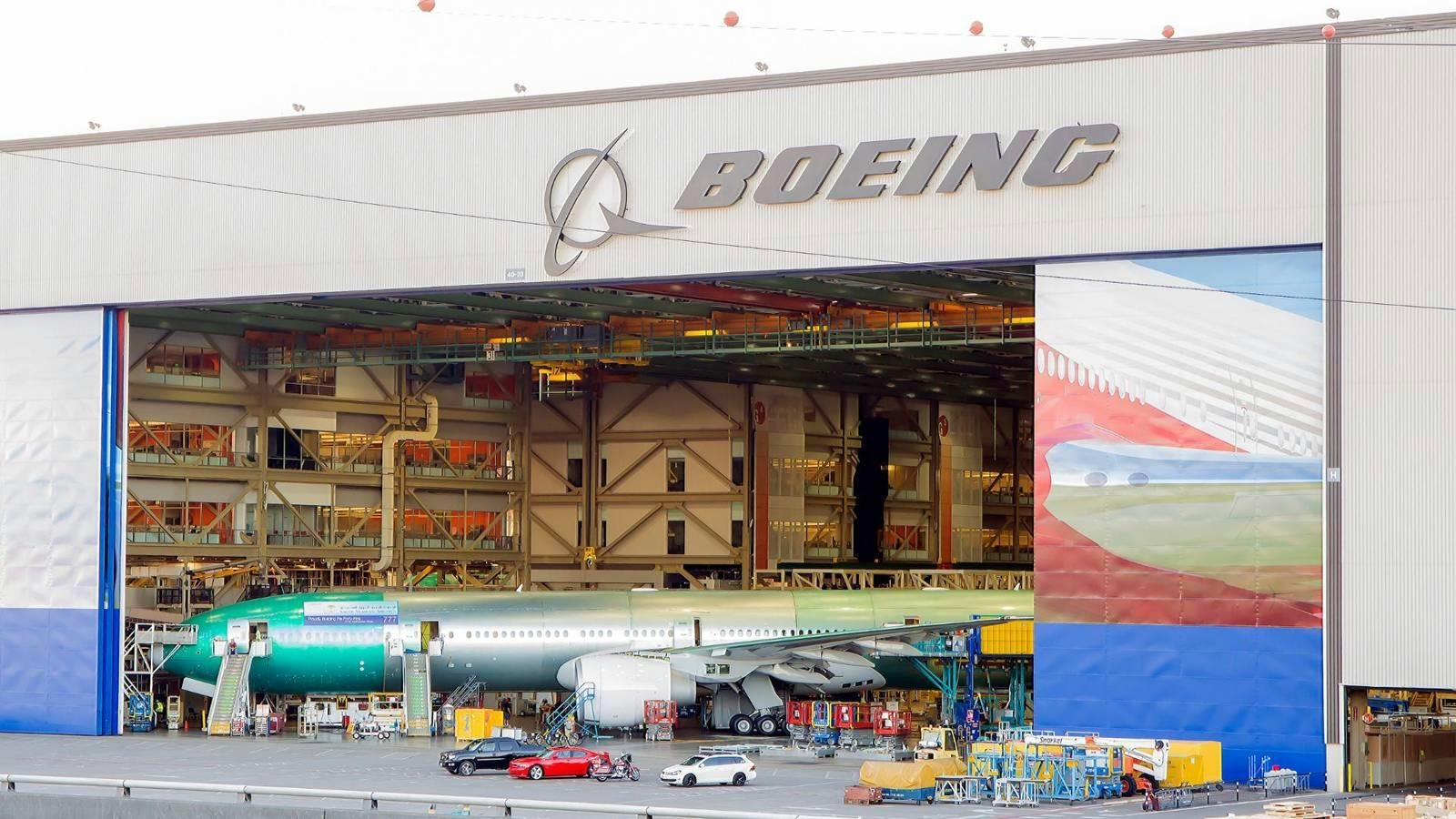
Boeing Outpaces Airbus in January Aircraft Deliveries and Orders
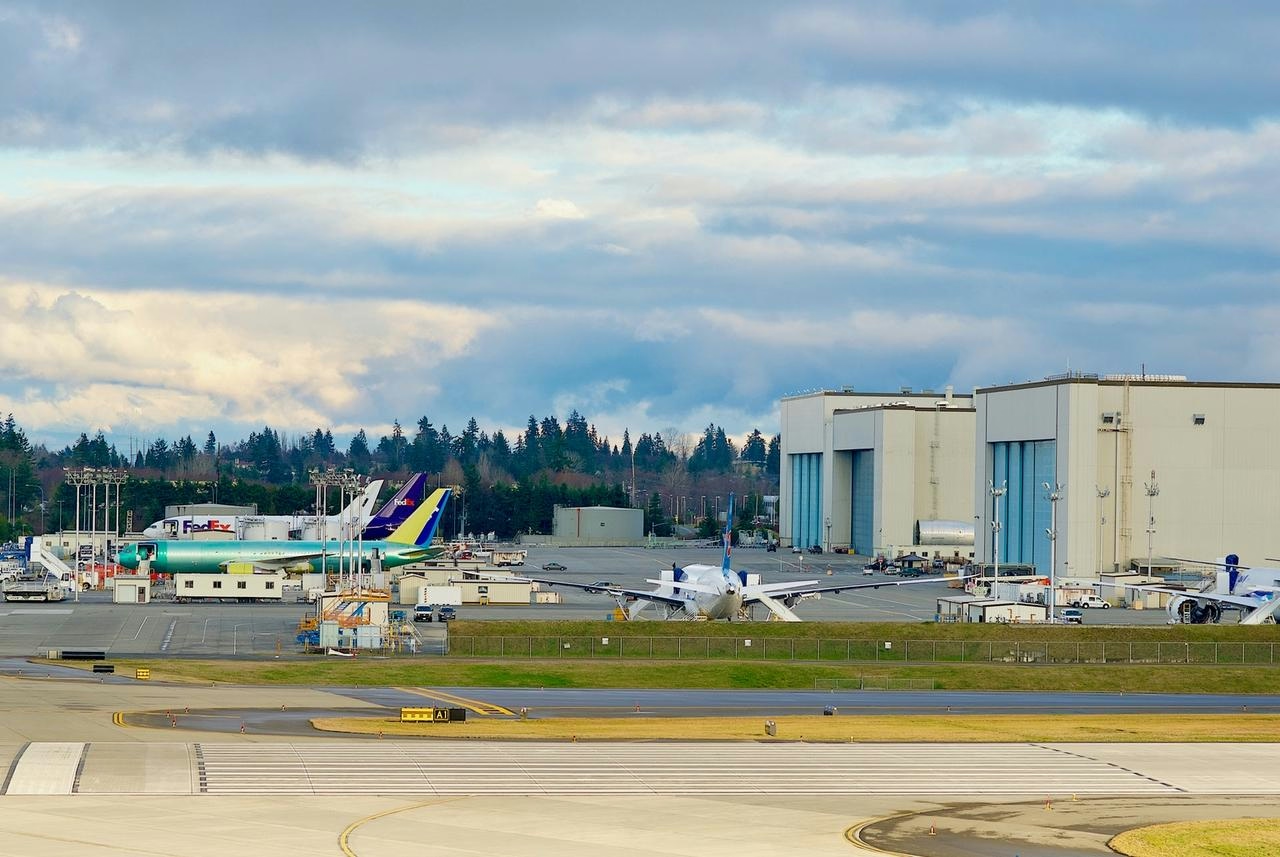
Boeing Delivers 46 Aircraft in January

Pratt & Whitney Canada PT6A Engines Surpass 100,000 Flight Hours on Saudi Air Force PC-21 Trainers

PROS Names Bhaskara Rao Guntreddy Senior Vice President of Product
